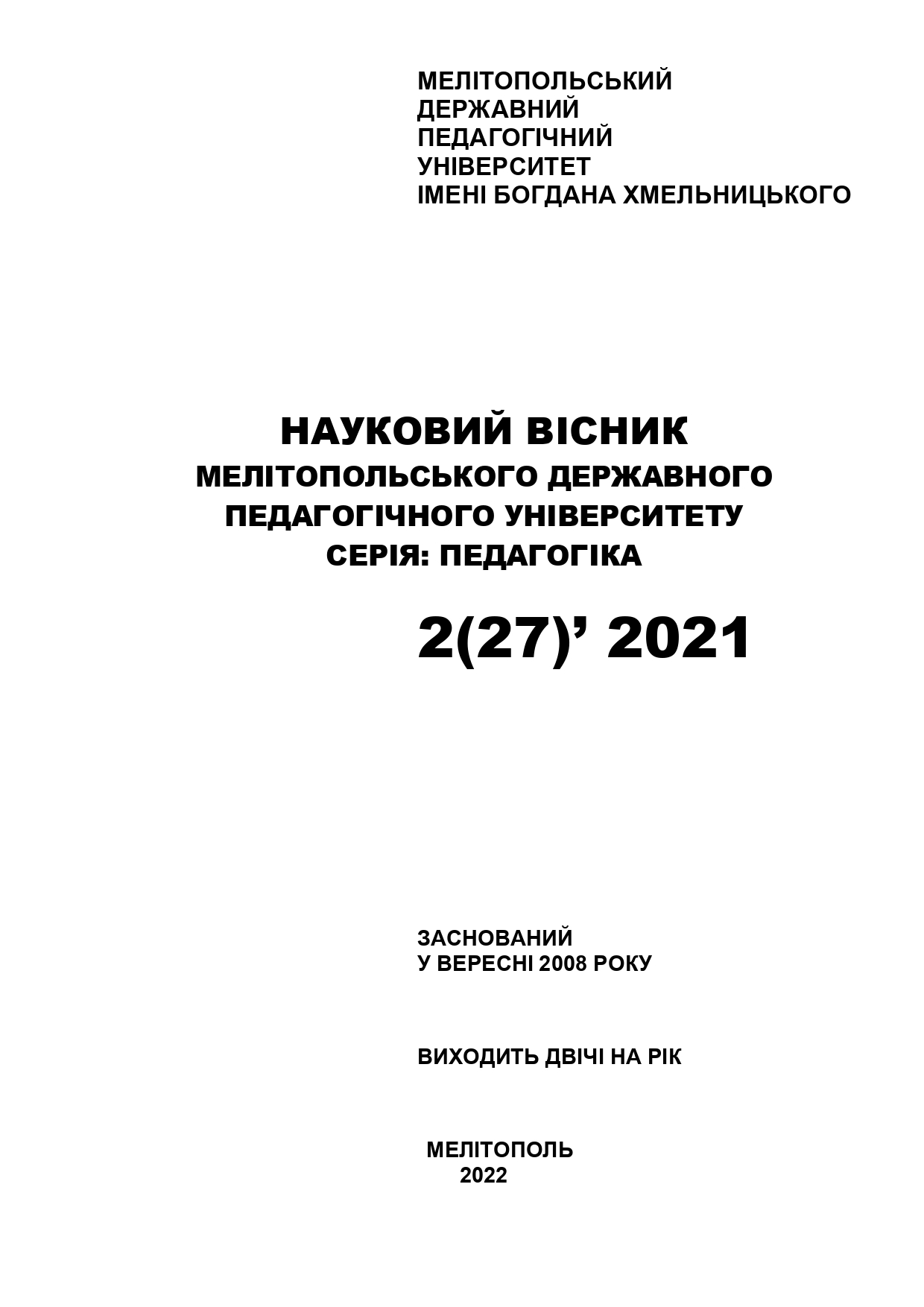Professional culture of a teacher: tolerance as a component of modeling the educational process
Abstract
The article examines some aspects of the socio-pedagogical issue of the formation of tolerance as an important component of modeling the professional culture of a teacher. It is shown that the reality of a teacher's work from the standpoint of tolerance is determined by: the personality of a teacher with tolerant qualities; manifestations of tolerance in professional activities and the implementation of the principles of tolerance in pedagogical communication. Three aspects are named in unity with the premise, means and result of the formation of tolerance of the younger generation. The problem of the study of students' tolerance is revealed, due to the transformation of political, economic systems, the socio-psychological situation in society, as well as intolerance. It was found that tolerant people, unlike intolerant people, do not shift responsibility to others and do not seek to blame others for everything. Intolerant people, on the other hand, emphasize the differences between their own and “out-of-band” groups. They cannot be neutral about anything. It is proved that a teacher, in addition to personally significant for a person and professionally necessary qualities, must have special skills for interacting with the children's team, namely: gnostic, projecting, constructive, organizational, communicative and modeling. It is emphasized that a modern teacher must master the technology of tolerant communication, which consists in the ability to understand, on the basis of external manifestations, the mental state of another person, inform others about effective ways of communicating with him and on this build the process of business interaction.




